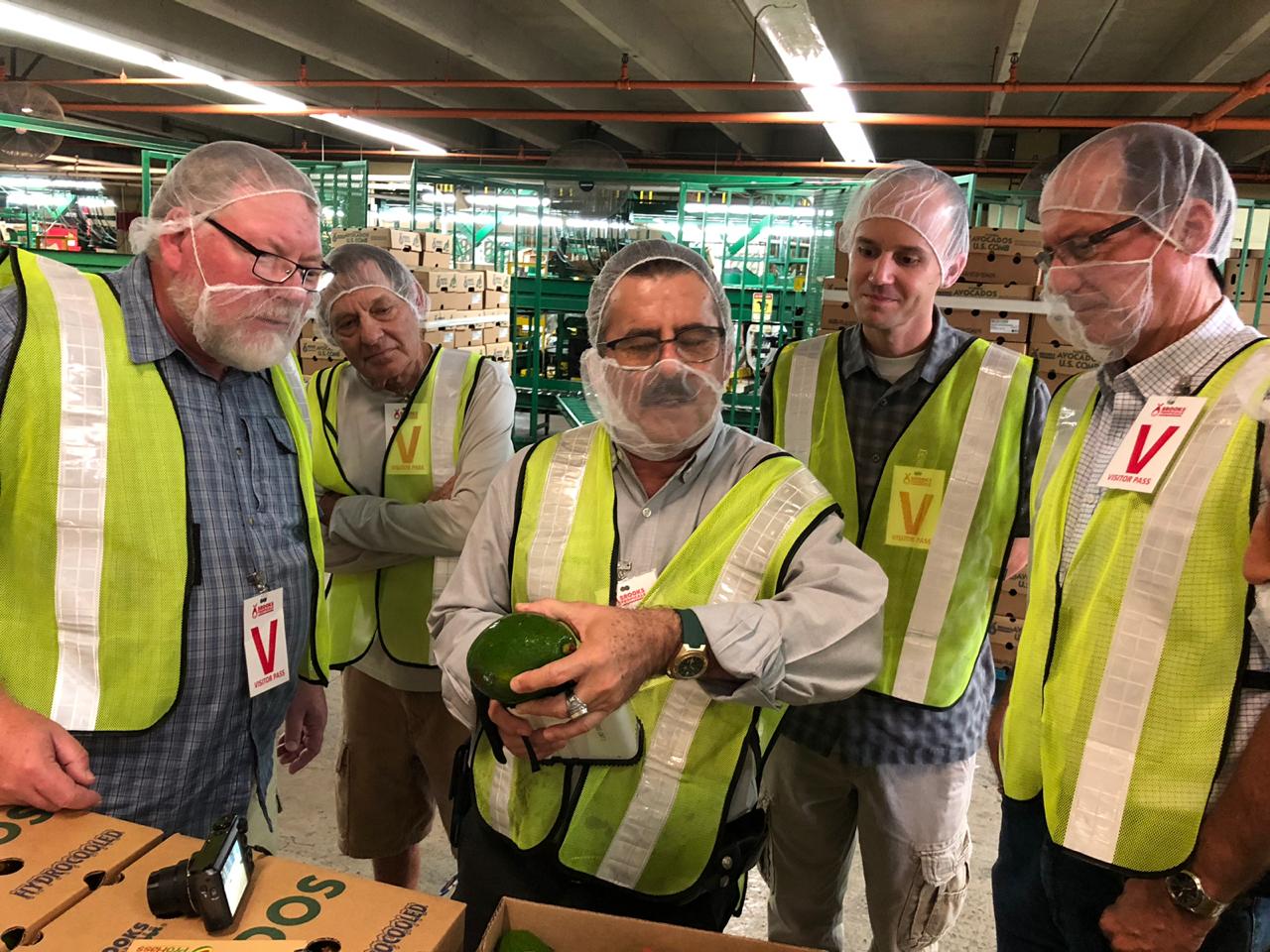A methodology that accurately determines the maturity of the fruit is saving farmers from millions of dollars in losses.

Mexico City, September 30, 2019 (IICA) – A new methodology developed by the National Institute for Forestry, Agricultural and Livestock Research (INIFAP) can pinpoint the precise point at which avocados have reached maturity, thereby preventing millions of dollars in losses for Mexican producers.
This innovation is the result of a ten-year collaborative effort between INIFAP, Agriculture and Agri-Food Canada (AAFC) and the Agriculture Research Service of the United States Department of Agriculture (USDA-ARS), with the support of producer associations and the Inter-American Institute for Cooperation on Agriculture.
The research was undertaken as part of studies on fruit trees under the Cooperative Program in Agricultural Research and Technology for the Northern Region (PROCINORTE), in collaboration with IICA, and with the input of INIFAP, AAFC and USDA-ARS.
The new methodology facilitates in-field analysis of the fruit prior to harvesting, thereby saving time and money for producers, in comparison to the traditional method.
Up to now, dry matter testing using a microwave has been the method employed for analyzing avocados. However, it is imprecise, time consuming and causes an extensive amount of the avocado to be wasted, whereas the INIFAP method uses a portable spectrometer that speeds up the process.
Jorge Osuna, the INIFAP researcher who led the efforts explained that, “The new and non-destructive method is able to estimate dry matter content in avocados to determine their maturity within 15 seconds, with a 95% level of certainty”.
Osuna remarked that, “Being able to accurately pinpoint the ideal moment for harvesting will allow us to maintain and even boost the volume of Mexican avocado exports, which increased to USD 2,710 million in 2017. A mere 10% increase in sales would result in an additional USD 271 million in revenue per year”.
Application of this innovation will require the acquisition of F-750 spectrometers, manufactured by the company, Bio Science, with whom researchers conducted in-field testing of the instrument.
Priscila Henríquez, Innovation Specialist at IICA, explained that “PROCINORTE and IICA are seeking to reduce technical barriers to trade between Canada, the United States and Mexico”.
Avocado’s contribution to regional trade
Mexico is the leading supplier of avocado to the United States, supplying between 75% – 85% of avocados consumed in that country.
The market for Mexican avocados is expanding in Canada, where quality and freshness are extremely important to consumers.
According to Henríquez, “The Mexican Association of Avocado Producers and Exporting Packers (AEAM) spends approximately USD 1 million per year to ensure the quality of the product, based on the conventional method”.
In 2018, Mexico exported 814,817 metric tons of avocado to the States, for a value of more than USD 1,776 million.
More information:
Priscila Henríquez, Innovation Specialist, IICA











